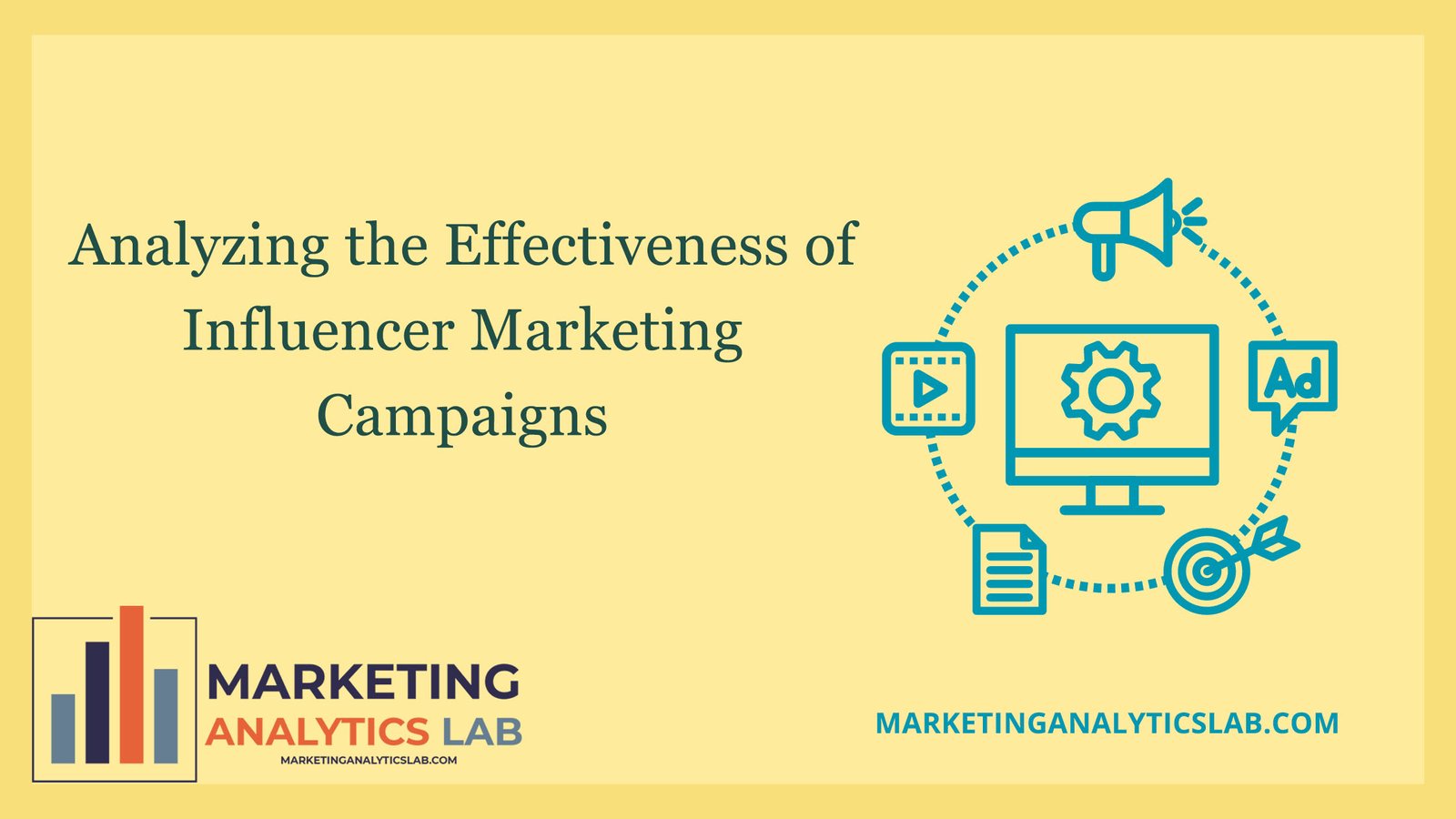Understanding Influencer Marketing Campaigns
Influencer marketing has become a powerful tool for brands looking to reach their target audience in a more authentic and engaging way. By partnering with influencers who have a loyal following on social media platforms such as Instagram, YouTube, and TikTok, brands can leverage the influencer’s credibility and influence to promote their products or services. These campaigns often involve the influencer creating content that showcases the brand’s offerings in a way that resonates with their followers, leading to increased brand awareness, engagement, and ultimately, conversions.
One of the key advantages of influencer marketing campaigns is the ability to tap into a highly targeted audience. Influencers have the ability to connect with niche communities that align with a brand’s target demographic, allowing for more personalized and effective messaging. Additionally, influencers have built trust and credibility with their followers, making their recommendations more impactful than traditional advertising methods. This authenticity can lead to higher levels of engagement and conversion rates, as consumers are more likely to trust and act upon recommendations from someone they perceive as genuine and relatable.
However, the success of influencer marketing campaigns is not guaranteed. It’s crucial for brands to carefully select influencers whose values, aesthetics, and audience align with their own brand identity. In addition, clear communication and collaboration between the brand and influencer are essential to ensure that the campaign objectives and messaging are effectively conveyed to the target audience. By thoroughly researching and vetting potential influencers, brands can maximize the effectiveness of their campaigns and achieve their marketing goals.
Evaluating the Impact of Influencer Marketing
Measuring the impact of influencer marketing campaigns is essential for brands to determine the return on investment and optimize future campaigns. Key performance indicators (KPIs) such as reach, engagement, click-through rates, and conversions can provide valuable insights into the effectiveness of the campaign. By tracking these metrics before, during, and after the campaign, brands can assess the impact of the influencer partnership and make data-driven decisions to improve performance.
In addition to quantitative metrics, qualitative feedback from followers and consumers can also provide valuable insights into the effectiveness of influencer marketing campaigns. Monitoring comments, direct messages, and social media mentions can help brands understand how their target audience perceives the campaign, as well as the influencer’s authenticity and credibility. By actively monitoring and responding to feedback, brands can build stronger relationships with their audience and make adjustments to future campaigns to better meet consumer expectations.
Furthermore, brands can leverage tools and technologies such as influencer marketing platforms and social media analytics to gain deeper insights into the performance of their campaigns. These tools can help track key metrics, measure the impact of campaigns, and identify trends and opportunities for optimization. By continuously monitoring and analyzing the effectiveness of influencer marketing campaigns, brands can refine their strategies, improve ROI, and drive long-term success in the competitive digital landscape.

